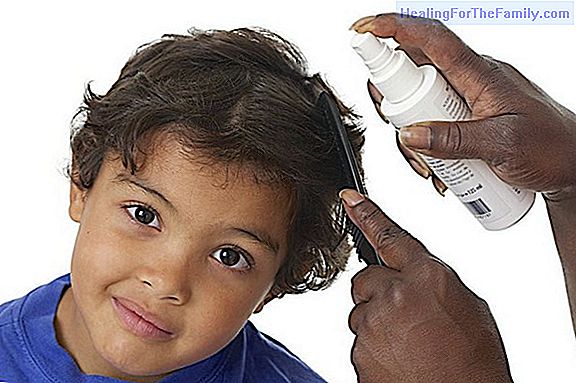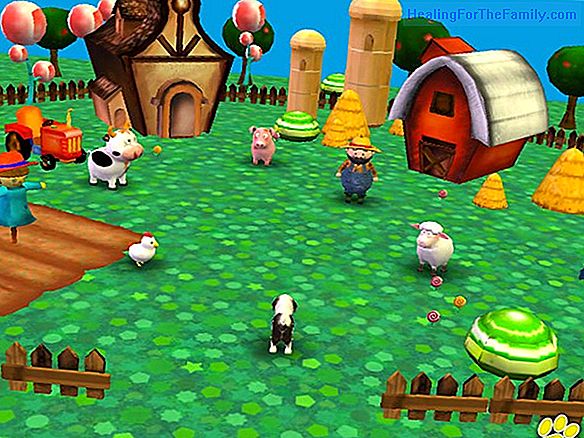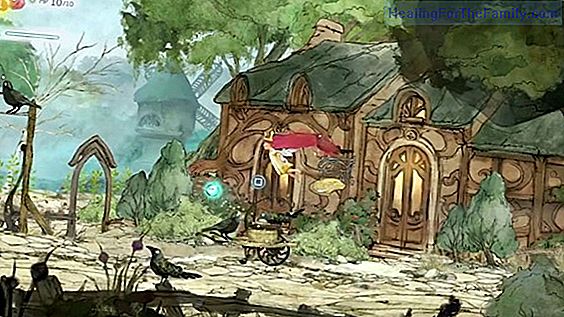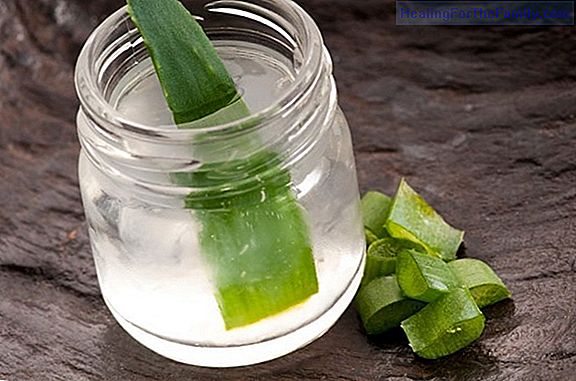Child onychophagia. Why children bite their nails
A lot of children suffer Onychophagia . Do not let this term scare you because we are talking about children who bite their nails, a bad habit that can appear before the age of three and that we should avoid that it prolongs in time. Because although eating your nails is a very usual gesture, it has
A lot of children suffer Onychophagia. Do not let this term scare you because we are talking about children who bite their nails, a bad habit that can appear before the age of three and that we should avoid that it prolongs in time.
Because although eating your nails is a very usual gesture, it has negative consequences on the child's development, on his oral health and on his self-esteem. We tell you why children bite their nails and how you can avoid them.
Causes and consequences of infantile onychophagia

Infant onychophagia is not a disease, but a bad habit that has a nervous origin. The child may be stressed, anxious, or having a difficult time to understand such as a change of school, the arrival of a new sibling, or the death of a family member. In some cases, the bad habit of biting the nails may begin by imitation in the event that the father or mother still retains this purely childish habit.
Although in most cases onychophagia disappears with age, it is important that the child does not persist in this bad habit because he has his risks. In addition to the visible wounds on the fingers, biting the nails can cause infections in the gums, damage the growth of the teeth, promote the appearance of warts and generate self-esteem problems for aesthetic reasons.
What to do so that the child does not bite his nails
- Talk to him: The good news is that the onychophagia can be stopped, especially if you start taking measures from the first moment you observe that your child has this bad habit. The most important thing is that you do not scold him or punish him, much less make him feel ashamed of his behavior. What you must explain are the consequences of persisting in the gesture, without alarming him, but without hiding reality.
- Find out the cauas: The home remedies of spraying the nails with enamel or with some unpleasant taste pharmaceutical product are effective but do not quit the habit. The habit disappears by the modification of behavior gradually. And for that to occur, what needs to be eliminated are the causes that produce onychophagia. Therefore, you must be attentive to the specific situations that trigger the child to bite his nails.
- Activities to control the impulse: once identified the moments of stress or anxiety that lead the child to bite the nails, provide other options to keep your hands occupied, such as a piece of play dough, for example. The goal is to stop using the habit of onychophagia as a response to a certain situation. To help the child make an effort not to continue with this bad habit, you can put colored strips on the fingers. This way, when you go to take your finger to your mouth, the striking band-aid will take you to a break and you can control your impulse.
- Practice sports: taking into account that the onychophagia has a nervous origin, it is no good that the child practices more physical exercise to channel their energy better. In any case, if the problem persists, you can hide some emotional disorder that should be treated by a specialist.
Laura Vélez. Collaborator of Guiainfantil.com












